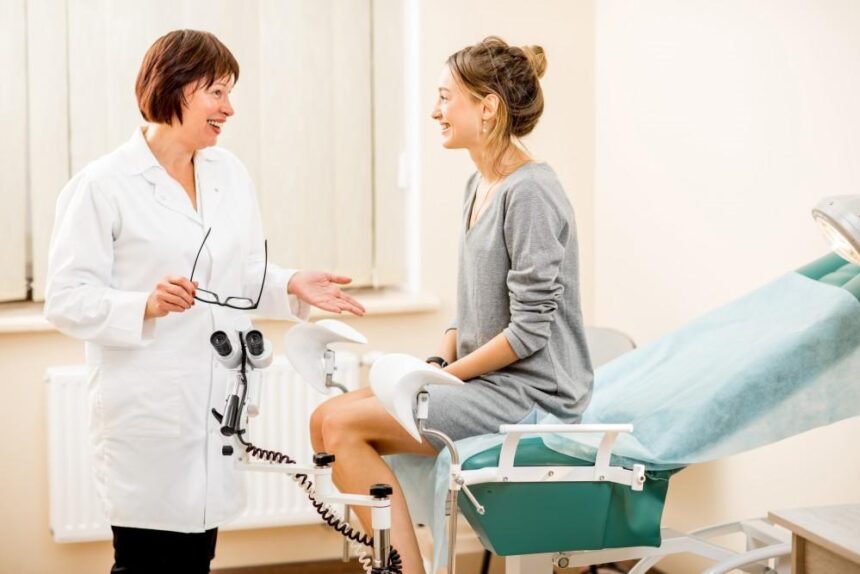A well-woman exam is a cornerstone of preventive healthcare, offering a comprehensive look at a woman’s overall health and screening for potential issues before they become serious. From reproductive health to routine screenings, knowing what to expect during a woman exam can help ease anxiety and encourage proactive care. Let’s explore the components of the visit and why it plays a key role in long-term wellness.
What To Expect at the Appointment
Your healthcare provider begins by reviewing your personal and family medical histories. This discussion helps identify risk factors for conditions like cervical cancer, breast cancer, or other reproductive health issues. You’ll discuss your menstrual cycle, sexual activity, contraception methods, and any symptoms or concerns you may have.
The physical examination includes checking your vital signs, such as blood pressure, heart rate, and weight. Your provider performs a breast examination to check for lumps or other abnormalities that may indicate cancer. The pelvic exam follows, during which your provider examines your reproductive organs, including the uterus, ovaries, and cervix.
During the pelvic exam, your provider may perform a Pap smear if you’re due for cervical cancer screening. This test involves collecting cells from your cervix using a small brush or swab. The procedure takes a few minutes and helps detect precancerous or cancerous changes in cervical tissue.
Benefits of Female Health Screenings
Regular well-woman exams provide numerous advantages for your overall well-being. Early detection of health issues improves treatment outcomes and reduces the risk of serious complications. These visits allow your provider to monitor changes in your health over time and adjust care recommendations accordingly.
Preventive screenings during your wellness visit help identify conditions before symptoms appear. Pap smears detect cervical cancer early, when treatment is most effective. Breast examinations may reveal lumps or changes that require further evaluation and attention. Also, these appointments provide opportunities to discuss sexual health, family planning, and lifestyle factors that affect your well-being.
Common Questions to Ask
Preparing questions before your woman exam helps you make the most of your appointment time. Inquire about the frequency of future screenings, taking into account your age and risk factors. Discuss any changes in your menstrual cycle, unusual symptoms, or family history of reproductive cancers.
Inquire about contraception options if family planning is relevant to your situation. Your provider helps you understand the benefits and risks of different methods. Also, ask about recommended vaccinations, such as the HPV vaccines that protect against certain types of cancer. Address lifestyle concerns that may affect your reproductive health.
Tips to Prepare for Your Appointment
Schedule your wellness visit for a time when you’re not menstruating, as this provides the clearest results for pelvic examinations and Pap smears. Avoid douching, using vaginal medications, or having sexual intercourse for 24 hours before your appointment, as these activities may affect test results.
Bring a list of current medications, supplements, and any previous medical records that are relevant. Write down questions or concerns you want to discuss so you don’t forget them during the visit. Wear comfortable clothing that’s easy to remove and put back on. Arrive a few minutes early to complete any necessary paperwork. Bringing a trusted friend or family member for support is perfectly acceptable if it helps you feel more comfortable during the appointment.
Schedule Your Woman Exam Today
Regular well-woman exams form the foundation of preventive healthcare for women of all ages. These comprehensive visits provide valuable opportunities to maintain your health, address concerns, and receive personalized medical guidance. Contact your local healthcare provider to schedule your annual woman exam today.





